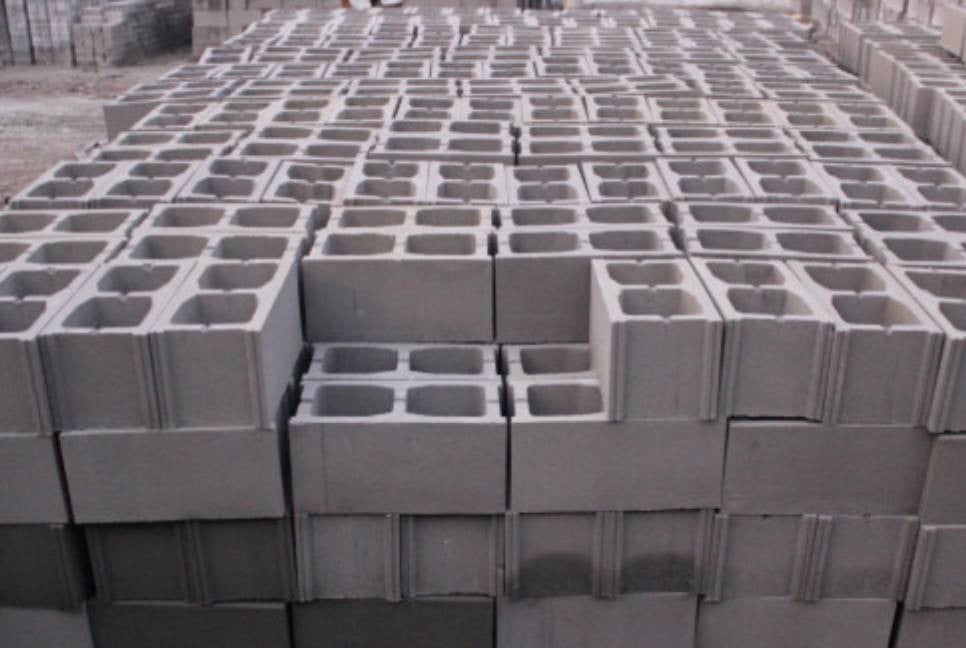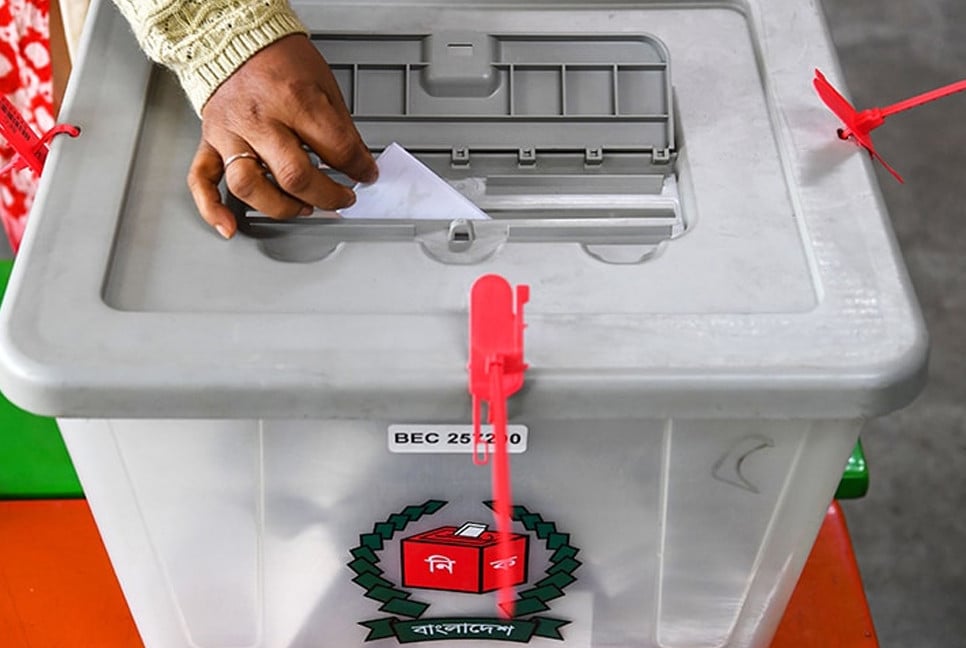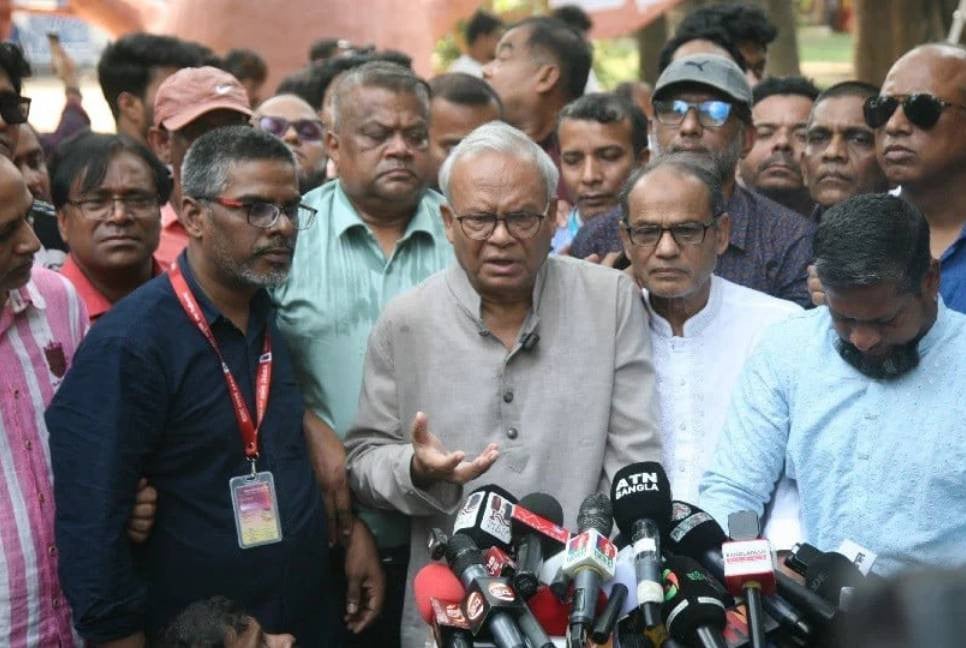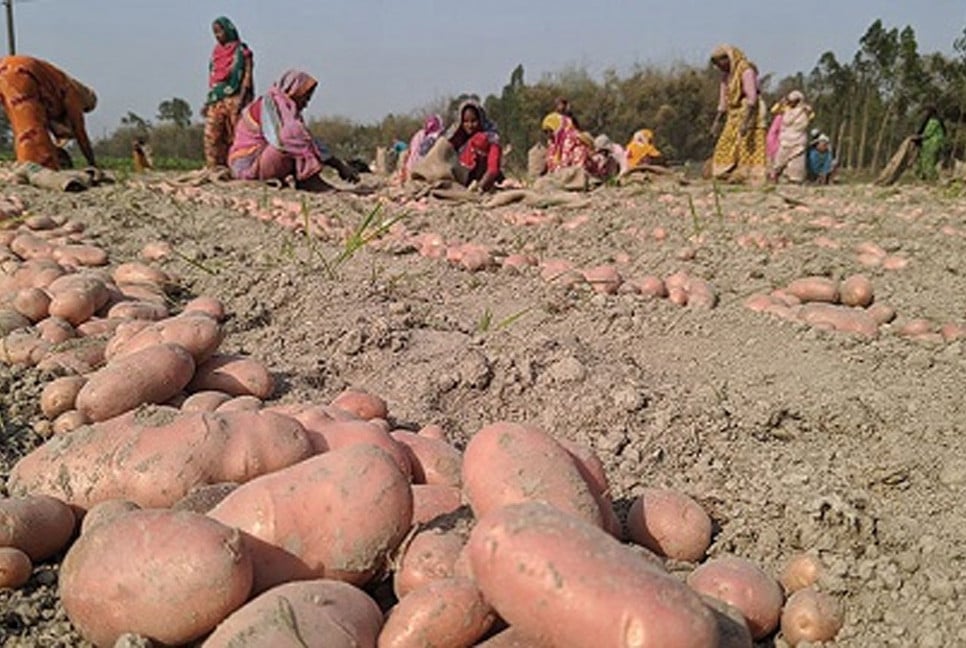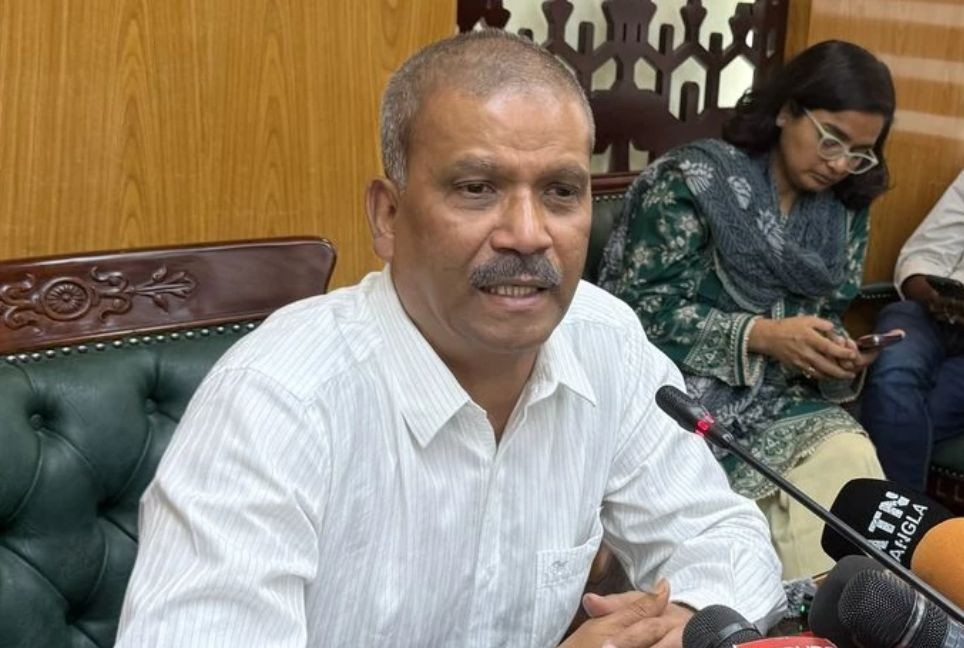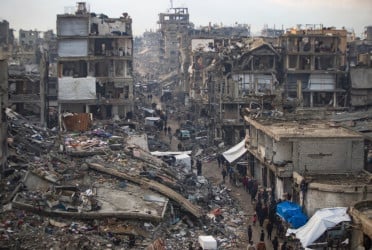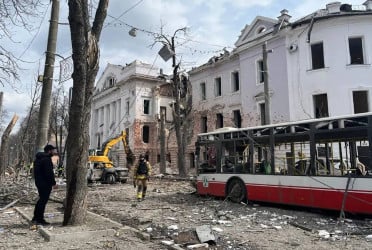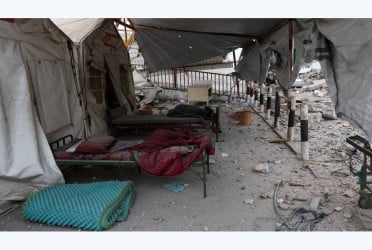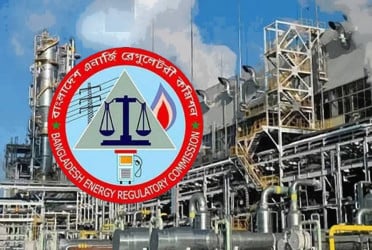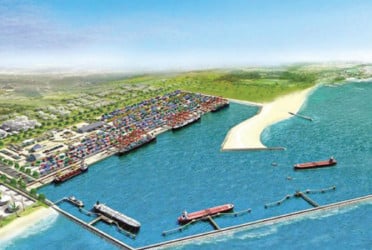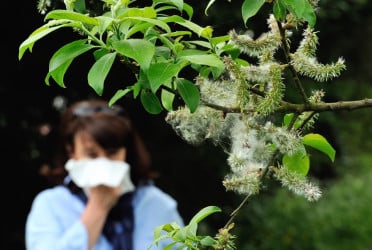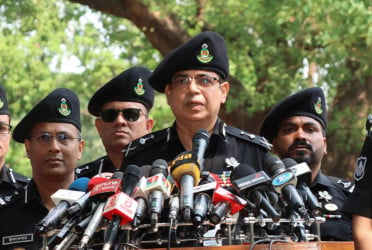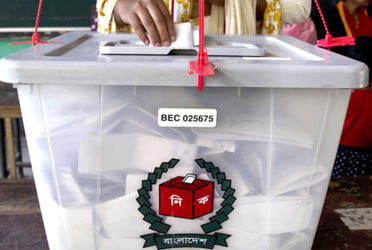To fill up the demand of huge construction works in the country, around 7,000 brick kilns are in operations that cause destruction of the top soil layer of the limited agriculture lands. These brick kilns are causing huge air pollution, too. According to the environment and brick-kilns control law, it’s prohibited to build brick kilns on agricultural lands. However, none seems to follow the rules. Around 4,000 brick kilns don’t have environment clearance. A total of 13 crore metric tons of soil is being used in making of around 3 crore of brick in these brick kilns. The bricks are built using the soil of agricultural lands, which greatly hampering the productivity and fertility of it. The governments’ expenditure in importing fertilizers and pesticides is increasing as well. This problem can be solved by making green bricks using riverbed sand.
According to the environmentalists, efforts should be made to spread environment-friendly green bricks across the country after taking the matter of harmful aspects of conventional red bricks into mind. Eco-friendly, sustainable and affordable green bricks are being produced on a limited scale in the country using riverbed sand as an alternative to agricultural soil. A few organizations are working as entrepreneurs to make eco-friendly bricks using alternative materials of soil. High-quality green bricks are made by using some materials along with sand got from river digging which are also used to construct high-rise buildings. Many green bricks making initiatives can be developed if financial and policy support of the government is available.
The use of clay-burnt bricks should be stopped: About 7 thousand brick kilns in the country are big polluters. According to the experts, the brick kilns are polluting the environment mainly in two ways. One is by burning wood in the brick kilns. The second is, the soil is cut out from the agricultural land and bricks are being made out of it. Most of the brick kilns are operated in the open air. According to the Conservation Act 2010 and the Brick Kiln Control Act 2013, no brickwork shall be made within a km of residential areas, hills, forests and marshland. Building brick kilns in agricultural lands are also prohibited. However, almost 100% of brick kilns do not comply with this law.
According to the Ministry of Foreign Affairs, a total of 7, 086 brick kilns are operated in 2019. Among them, 4, 505 brick kilns are not licensed. About 3 crore 5 lak bricks are being produced in these brick kilns. Brick kilns require 13 crore metric tons of soil per year. Basically, bricks are made by cutting the topsoil. These brick kilns are not only destroying the fertile soil, they’re entailing permanent damage to air, soil and nature. These brick kilns are running under the umbrella of local politicians and influential people.
Brick kilns play a major role in pollution: Brick kilns are causing serious air pollution. Due to this method of brick manufacturing, there is serious damage to public health. Health damage to brick kiln workers is more dangerously visible. Imported low quality coal is used as fuel in brick kilns. The burning of this coal produces a large amount of ashes. Besides, pollutants are also added to the air from brick kilns.
According to the people concerned, instead of brick kilns, alternative employment should be provided by building brick making factories in an environmentally friendly manner across the country. There are already several private block or block brick manufacturing factories established in the country. However, the government does not have much initiative in this regard. Environmentalists feel that before brick kilns are completely abandoned, initiatives should be taken to build sufficient number of block manufacturing factories in the country. All kinds of support should be given to its entrepreneurs at the private level. In that case, the owners of the existing brick kilns can also become entrepreneurs of block factories. The workers of the existing brick kilns can work there, too.
Making of green bricks from riverbed sand: Environmentalists say that the use of conventional bricks made from top soil of agricultural land should be reduced. Initiatives to make environmentally friendly green bricks from river sands should be taken extensively. If the river sand is used, the effective benefits of river dredging will also be obtained. At present, due to digging and depositing sand on the river bank, it is falling back into the river. To increase the use of block bricks or green bricks, the government should provide special loan facilities to the entrepreneurs. According to the information, until last January, there were only 151 block brick factories across the country. Among them, there are 88 factories in Dhaka and Chattogram. The bricks being produced in these factories are not able to meet even 5 percent of the total block brick demand. For this, along with the closure of brick kilns, incentives should be given to new entrepreneurs in making environmentally friendly alternative bricks. Piya Autobricks Limited, the country's largest green bricks factory, is being built on 10 acres of land in Mirsharai of Chattogram. The factory with a daily production capacity of 1 lakh 20 thousand bricks is contributing to the country's economy while keeping the environment fully protected. Some more such factories of green bricks have been cropped up in different parts of the country.
Financial and policy support needed: The government is encouraging entrepreneurs for producing alternative products to burnt bricks. Public and private factories have been urged to make block bricks instead of chimney- fired bricks. A circular has already been issued mandating the use of 100% block bricks in all government construction works except roads by 2025. But progress in this regard is not significant yet.
According to the concerned people, the government will come forward with financial support and loan facilities for the creation of eco-friendly brick manufacturing entrepreneurs.
Syeda Rizwana Hasan, Environment, Forest and Climate Adviser of the current Interim Government has been working for the last three decades with a view to protect the country's environment. She has been working relentlessly as the Chief Executive of Bangladesh Environmental Lawyers Association (BELA). Now, she has a great opportunity to create a sustainable environment for the country and the nation as a whole.
bd-pratidin/GR

